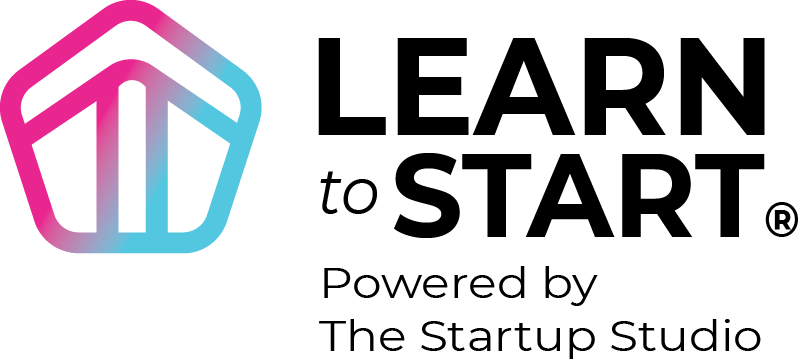The Learn to Start Difference
|
Traditional Education |
Learn to Start |
|---|---|
| FOUNDATIONS: Traditional is founded in case methodology meaning students are given problems to solve rather than identifying them for themselves. They are given the vehicle through which they learn. | FOUNDATIONS: LTS is founded in student agency. Answering the imperative questions: Who am I? What can I do? How do I prove it? LTS provides a model to guide their learning and development. |
|
OUTCOMES: Traditional focuses on career readiness and post-secondary education achievement. Students find specific pathways to ready themselves for. Traditional outcomes are internal, meaning students’ achievements are within the school and how they measure success. |
OUTCOMES: LTS focuses on market-readiness. Students are prepared to pivot into new pathways as they see fit or as the market demands. Students prove proficiency in the specific market-ready skills of the LTS Certifications. LTS’s outcomes are external, meaning students’ achievements can be measured by the market (and of course the school) through an external-facing portfolio and is fully measurable through the LTS Market-Ready Certification System. |
|
TECHNOLOGY: Traditional does not provide a technology platform. They may have technology-based resources, but they are not an end-to-end solution.
Traditional use of technology seems to be to deliver resources to teachers. All use of resources is passive rather than active. |
TECHNOLOGY: LTS provides a technology platform that guides students' development, supports them with market-based resources, provides the space for them to reflect and create their external-facing portfolio, and provides them with a certification process and system using our patent-pending IAMR Technology™. LTS’s technology trains teachers, provides interactive guidance and support for the curriculum, offers a way to evaluate teacher performance, and provides the opportunity for teachers to become certified examiners. All use of resources is interactive. |
| CREATION: Traditional was created outside of the classroom. Education leadership and market leaders met to discuss what students needed and designed, created, and signed off on the program before it entered the classroom. | CREATION: LTS was created inside of the market and then tested inside of the classroom. It was born from market demand and student needs. It was iterated on while in the classroom, and its outcomes were proven inside of the classroom before it began to scale. |
| CURRICULUM: Traditional curriculum is based in case methodology, simulations, and career resources. Development starts with the teacher. Project-based does not immediately mean student-centered if the student does not have agency from the beginning to the end. Traditional’s curriculum allows for student agency at the end. | CURRICULUM: LTS’s curriculum is based in the LTS model and individualized pathways for students. Development starts with the student and is guided by the teacher. Using our K-Market™ solution, students develop agency from the first day because the LTS Model was built inside of markets making it entirely relevant to the growth and development of a student who must find a pathway in the market-based system. |
| INDUSTRY PARTNERSHIP: Traditional has serious industry partners, however, how do they actually support the program? It’s great to have backing and acknowledgement, but what about every day engagement? | INDUSTRY PARTNERSHIP: LTS has every day engagement from it’s industry partners in the form of the Global Ambassador Program and the Industry Partner Program. The Global Ambassadors come into classrooms via our technology platforms to share their stories, record master classes to share their expertise, guest on the podcast to share experiences, participate in the summits to give feedback, and host live sessions on Startup Live to do all of the above. Industry Partners offer qualified LTS students with internships, instructors with externships, share data, look to the LTS program for an employment pipeline, and offer sponsorship. |

